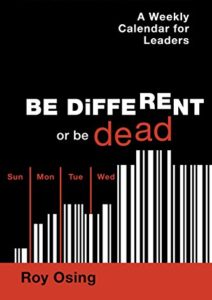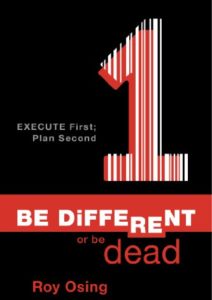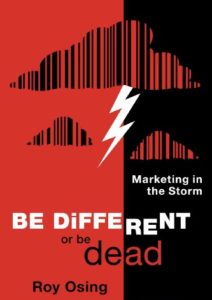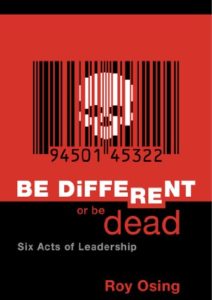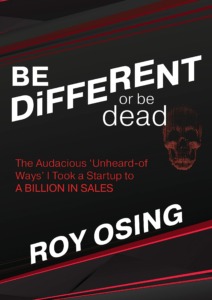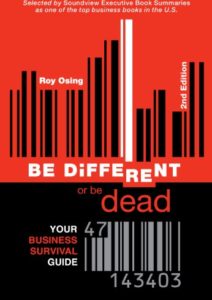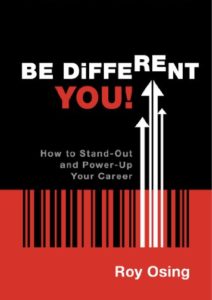New buyers in contemporary markets are more empowered than buyers in the past.
And the most significant source of this new found independence from the sales community is the availability of information and the ease of accessing it.
In “the day”, buyers would rely on a salesperson to provide product, price, availability, and warranty information and use brochureware as the primary communications vehicle.
Today, potential buyers roam the Internet to find the product they like with the terms and conditions they favor.
This aspect of the sales role has changed; it will never return.
(Note: not every buyer has adopted the electronic highway as their source of information and will continue to rely on the personal source. But it is a diminishing segment of the population that will eventually disappear.)
So the challenge is not how to get the buyer to rely MORE on the salesperson for this type of information, but rather how can sales ADD VALUE to the new information gathering process that buyers are adapting.
How can sales enable the buyer to not only gather the information they need more easily and effectively but also to understand what the information means to the buyer decision making process?
These questions will help you play a meaningful role with your clients rather than resist the change and lose out.
- What type of information do your clients want? Determine the kind of information buyers in your space use in the buying process. What info elements are critical to their decision to purchase versus those that are merely interesting to them and have no buying influence?
- What are the sources for the information they seek? Make it a priority to discover the most useful sources of the critical information they are looking for. Recommend specific web sites as well as a variety of tools that make the research process easier.
- How can you personally play in the content game? Create a personal sales web site with a blog to publish both original and curated articles dealing with information you have determined buyers want. It’s ok to discuss your own products and compare them with others available. But don’t turn your blog into blatant advertising. Focus on what buyers want to read about and learn; if your products fit, mention them. If another provider’s product fits, mention them. The objective is to be open and transparent with the buyer. And don’t be afraid to mention the shortcomings of your own stuff. Talk about what other suppliers are doing. Curate your content with other points of view. It makes you real and more easily trusted.
- How can you train buyers to research more effectively? Develop this expertise and teach buyers helpful tools and techniques that make it easy for them to find information and do comparative analyses among different suppliers. Product updates and new applications are available for a number of suppliers, for example, and a prospective buyer of a particular service might be interested in that type of information.
- How can you go one-on-one with individual buyers? Not every buyer has the same information needs, so be prepared to do custom research work for each of your high value ones.
You may not like the change, but you have no option than find a meaningful role in the new game.
Be a player and decide on your own outcome.
Be a victim and you have no future.



